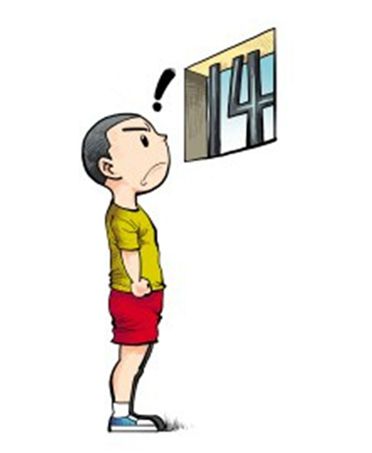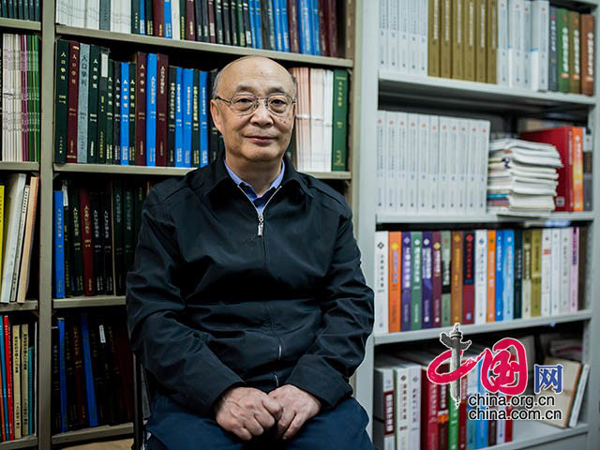|

|
|
[Shanghai Daily]
|
A new draft law that would change the minimum age for administrative detention from 16 to 14 has been met with both concerns of over correction and voices of support, albeit cautious.
In China, administrative detention is a punishment for violations that threaten public security but do not constitute a criminal charge. Sentences usually do not exceed 20 days. People awaiting trial are sometimes held in administrative detention.
Currently, minors are exempt from administrative detention. However, the draft public security administration law released last Friday proposed administrative detention should be applicable for individuals “at least 14 and under 18.”
The draft law comes in response to rising concerns about young offenders, especially those involved with bullying or violence at school.
Moreover, a survey by China Youth and Children Research Center in 2015 showed that juvenile offenders are getting younger.
Many people, however, are wary about the new draft law.
“I don’t agree with it,” said Ge Haiyan, a mother in Beijing. “Children of that age are not mature enough to understand the consequences of their actions, and they are often rebellious at puberty. If we are too strict, our methods could have a negative effect.”
Wang Tingting, another Beijing parent, said there should be a more holistic approach to punishment, as juvenile offences were influenced by home and school life. “Teachers and parents should step up,” she said.
Song Ruiyong, an education official in Beijing, said he was more concerned about the negative effects administrative detention had on young offenders.
“There is a risk that they will interact with more seasoned criminals while in detention, and they could have a negative influence on them,” Song said. “Being locked-up is an irreversible experience, especially for children.”
He said youth education services would be better suited for young offenders.
Bian Feng, a judge in Shenyang City, said that the incarceration of minors was ignoring the fundamental problem. “I think community or social services could be a better option.”
Some people welcomed the proposed law, but not without conditions.
Wu Changhai, a law professor at China University of Political Science and Law, argued that the minimum age should only be applied in certain situations. “The rule should only be executed if the misconduct has had a huge social impact or if the suspect is a repeat offender,” Wu said.
Deng Xiquan, deputy director of CYCRC, also supports the new rules. “There are no existing actions in the current law for young offenders aged 14 to 16, and this has been exploited by some criminals who use kids of that age to circumvent the criminal law process,” Deng said. “The new rule, in a way, protects minors.”
Deng’s support comes with a condition. “All young offenders should be kept at a specialized complex, away from bad influences,” he said.
Wang Na, a lawyer in Beijing, supported the lowering of the minimum age, especially for those suspected of severe crimes.
“Teenagers these days mature earlier,” Wang said. “I have encountered cases of 14-year-olds suspected of molesting girls.”
She said the number of reported school bullying cases had increased, so the new law could work as a deterrent.
read more



![The China Food and Drug Administration. [File photo/Xinhua] The China Food and Drug Administration. [File photo/Xinhua]](http://images.china.cn/attachement/jpg/site1007/20170220/001fd04cf03a1a14ab4b01.jpg)
